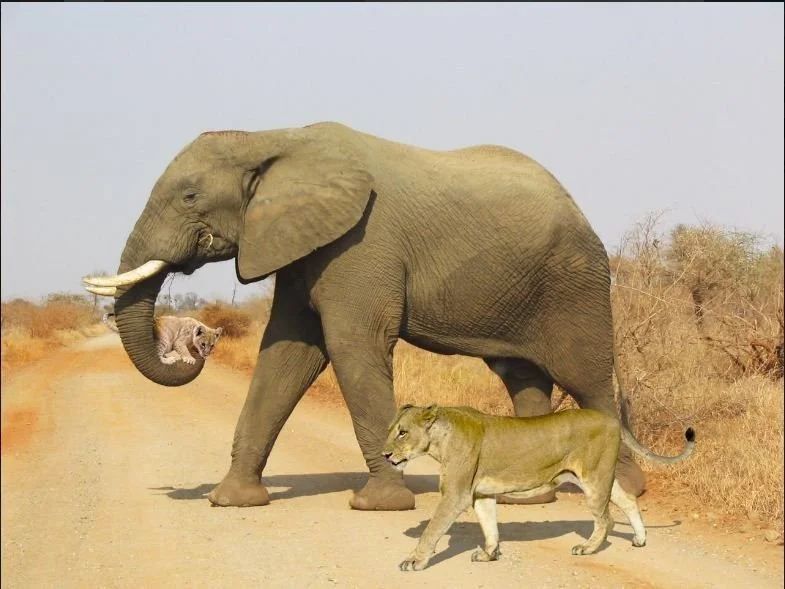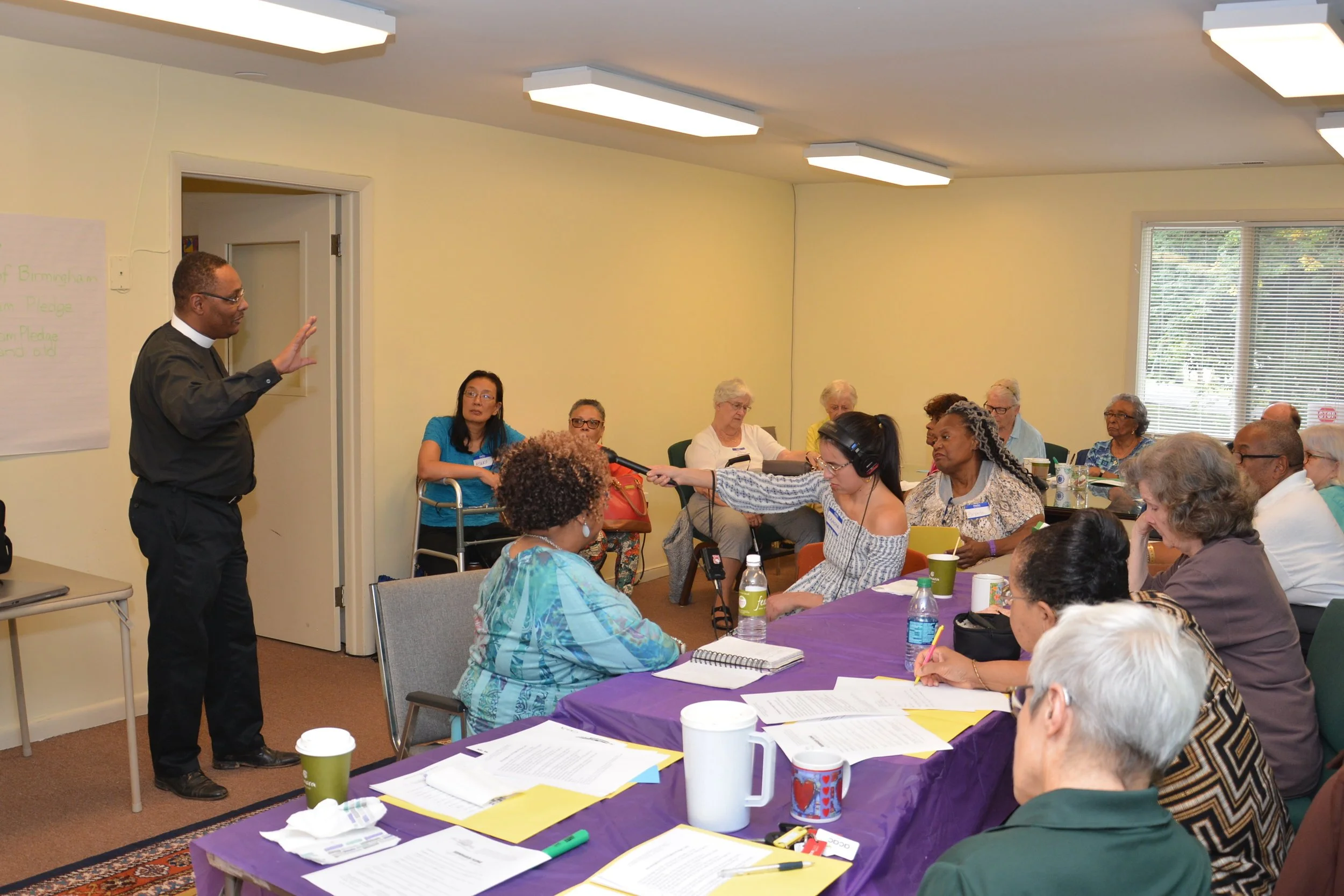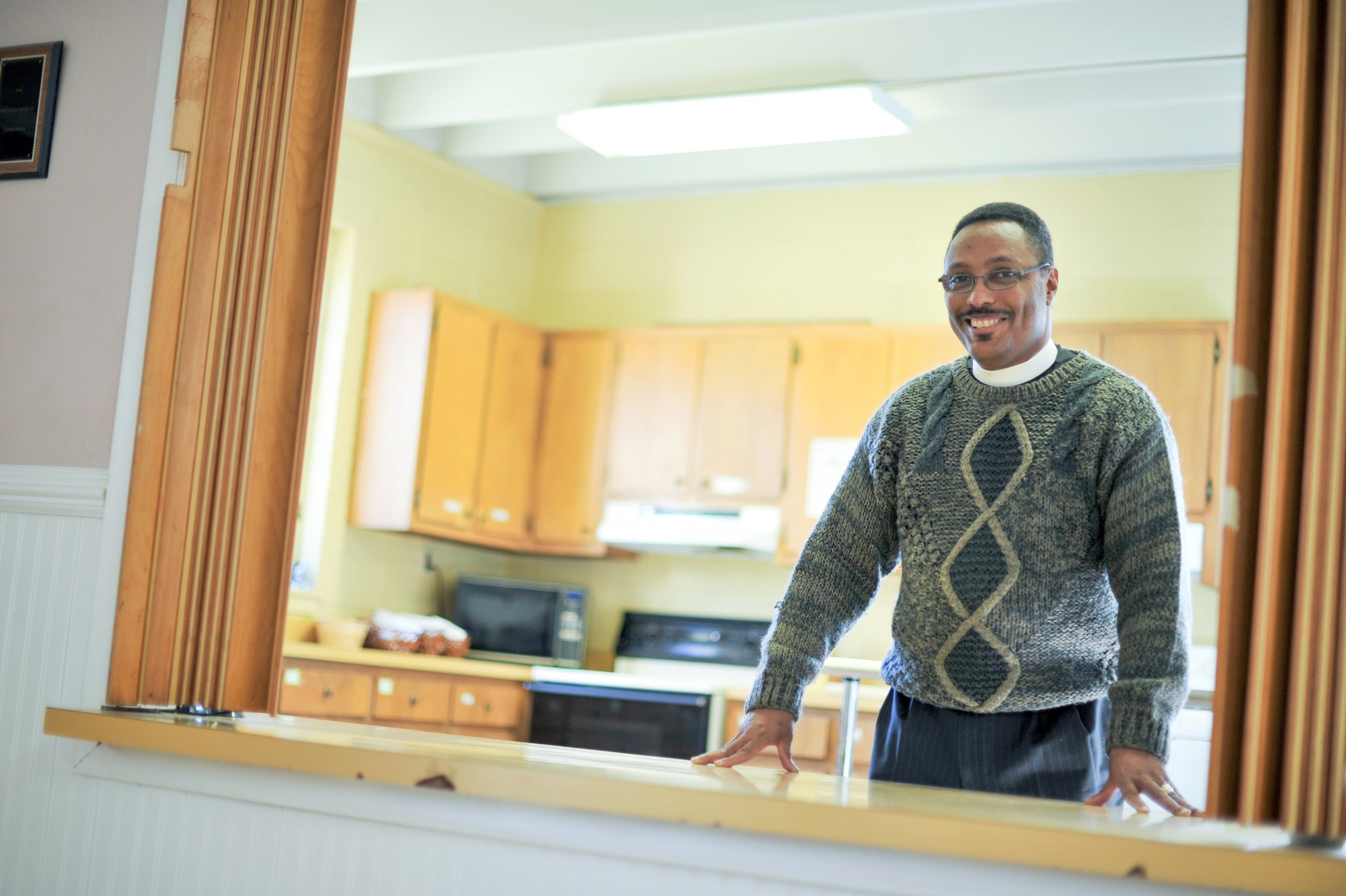Transforming Perspectives, Inspiring Change
Our Training Approaches
-
Focus: Examining systemic issues at their root.
Purpose: This approach teaches participants to identify and address the interconnected systems of oppression that sustain inequity. Rather than focusing solely on individual incidents, it highlights how historical and structural forces shape current realities.
-
Focus: Collective learning and empowerment.
Purpose: Based on the teachings of Paulo Freire, this approach uses shared dialogue and critical thinking to engage participants in identifying solutions to societal problems. It emphasizes that education is a collaborative process where everyone learns and contributes.
-
Focus: Preventing harm before it occurs.
Purpose: This model addresses individual, relationship, community, and societal factors that contribute to harm or oppression. By intervening at multiple levels, the approach aims to build environments that promote equity and reduce risk factors for violence and discrimination.
-
Focus: Repairing harm and rebuilding trust.
Purpose: This approach provides a framework for addressing wrongdoing and conflict through accountability, empathy, and dialogue. It prioritizes healing and reconciliation, creating space for individuals and communities to rebuild trust and relationships.
Topics
-

Historical Tools of Oppression
How the past shapes our present and future.
-

Restorative Justice Practices
Healing harm and rebuilding trust through dialogue.
-

Anti-Oppression Capacity Building
Tools to identify and challenge systemic inequities.
-

Community Engagement Strategies
Fostering collaboration and coexistence.
Training Info
Duration: 2.5 hours
Location: To be determined by the host organization and White Feather trainers
Contact: For more information, call 804-356-8465
For more information or to RSVP for an event, please leave a message below or at 804-356-8465. We’ll get back to you as soon as possible!
Rev. Patricia Jones Turner
Manager, White Feather Historical and Educational Project




